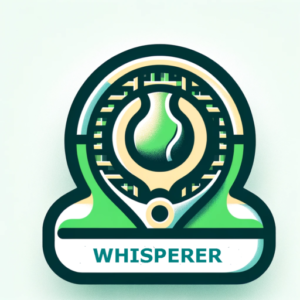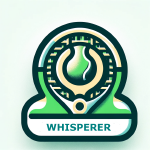Playing Singles: The Art of Talking to Yourself
Playing Singles: The Art of Talking to Yourself
“Playing singles is a lonely place—there’s no one to talk to. So I decided to talk to myself,” said Stacey, the player an opponent described as having “unconventional volleys.”
But here’s the thing—Stacey has a big game. Powerful. Commanding. Often just too much for the opposition to handle. That’s likely why they tried to needle her with the volley comment. Because when someone’s blowing you off the court, criticising their technique is about the only card you’ve got left to play.
Let’s be real—playing singles can feel like you’ve been dropped in Bulahdelah with nothing but a racquet and your inner critic for company. No teammate. No one to bounce ideas off. No one to vent to when you shank your fourth backhand return.
It’s just you, your opponent, and your own voice—which, on a bad day, can be the toughest adversary of the lot. So what did Stacey do: “I started talking to myself”.
Not the frantic, spiralling kind of talk. The calm, clear, get-your-head-back-on-straight kind. Like a coach. Like a mate in your corner. Like the version of me that won’t fold under pressure.
Why It Works
It gives structure to the chaos
“Move your feet.” “Attack the second serve.” “Reset. Next point.”
Simple cues shift focus from emotion to execution.
It anchors your mindset
Confidence doesn’t always show up on cue in a match. Sometimes you have to call it in.
It builds resilience
No cheering squad? No problem. When you’ve trained your internal voice, you’ve always got backup.
Wrap
Tennis is a mental game. Singles exposes every crack.
But it also gives you space to become your own best teammate—to build rhythm, belief, and belief from within. So yeah—singles can feel lonely. But ever since I started talking to myself,
“Talkin’ to myself and feelin’ low, nothing seems to fit…”
I’ve had some of the best conversations of my career.
Read more –> Self-Talk: Lessons from Jack Draper’s Turnaround




